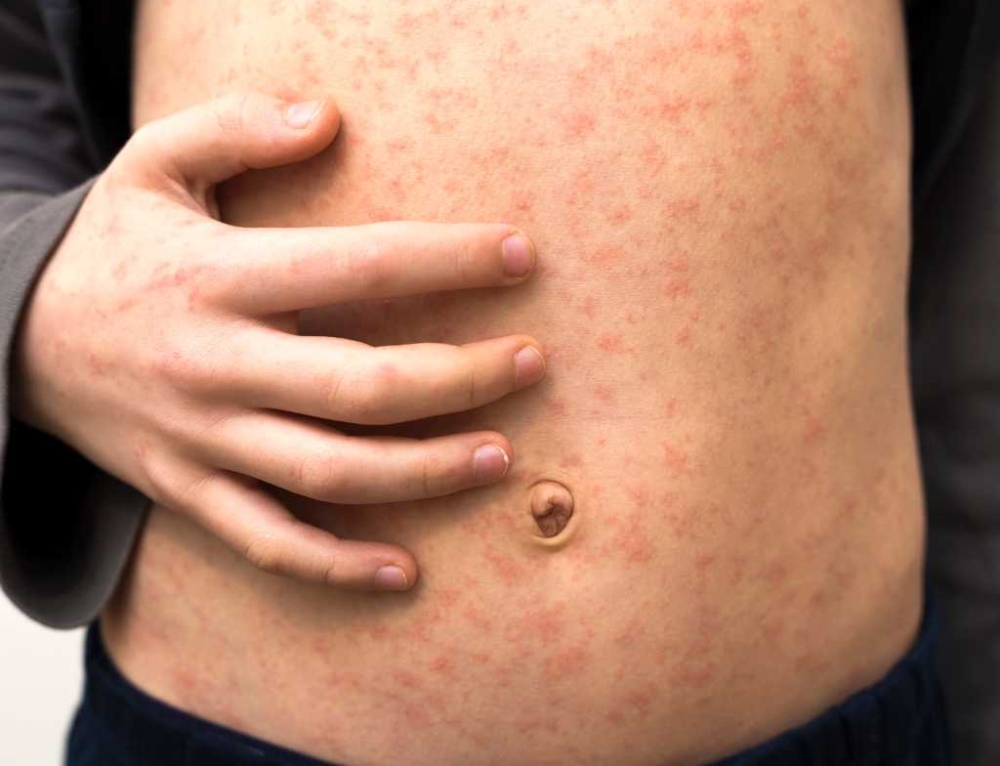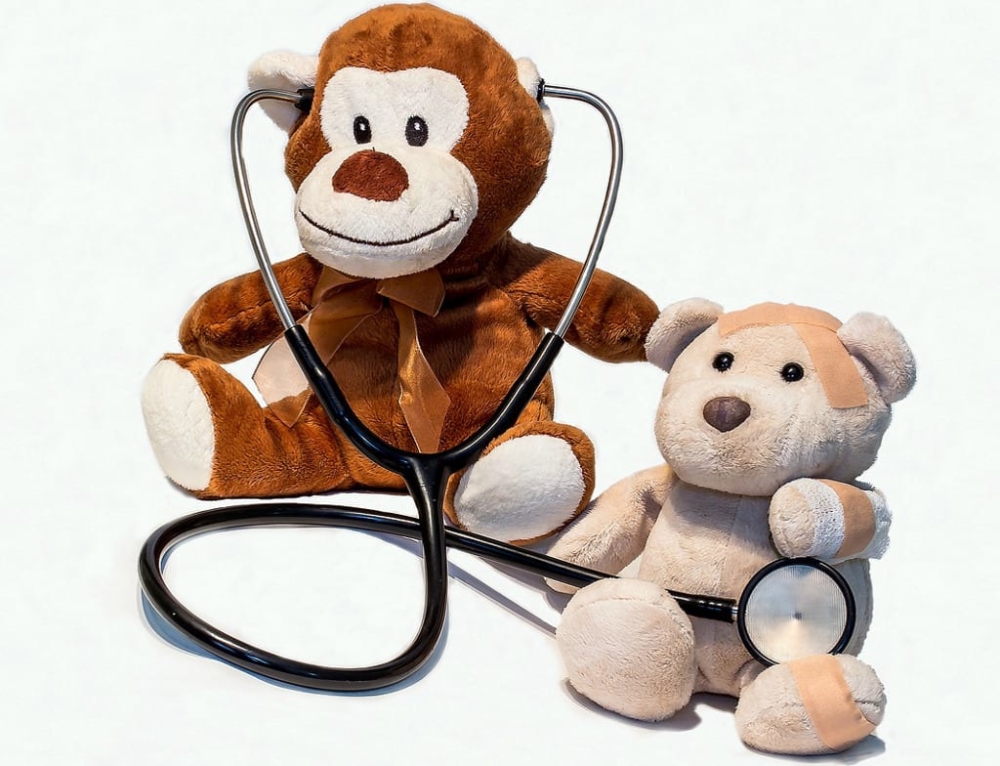Cold sores are small blisters that develop around the mouth and lips. Cold sores are sometimes called fever blisters. People sometimes mistake cold sores with canker sores, which are very different.
What causes them?
Cold sores are caused by the herpes simplex virus. There are two types of herpes simplex viruses: herpes simplex 1 (HSV-1) which is responsible for most cold sores, and herpes simplex 2 (HSV-2) which is responsible for most cases of genital herpes. Either herpes simplex 1 or herpes simplex 2 can cause cold sores or genital sores.
Are they serious?
Cold sores are generally not serious, but they are contagious. The most serious complications may occur when kids with eczema or a compromised immune system (such as in the case of AIDS, cancer, or an organ transplant). The herpes simplex virus can cause blindness if it infects your child’s eyes.
Can I prevent them?
The only way to prevent cold sores is to avoid coming into contact with someone who has been infected with the herpes simplex virus. The virus is contagious during an active infection, and coming into contact with the fluid from the sores, or the saliva of an infected person with an active sore or sores, can transmit the virus. Once your child has contracted the virus, there is no way to completely prevent a recurrence of sores.
How do I know if my child has cold sores?
A child’s first infection may be so mild you may not be aware that he has contracted the herpes simplex virus. However, there’s no way to predict how severe any given outbreak may be. It may take up to three weeks after initial exposure to the herpes simplex virus for an outbreak to occur. Once your child has been exposed, an outbreak may include any of the following symptoms:
- Most outbreaks are preceded by a period called the prodrome. During the prodrome, your child may experience pain or tingling in the area where the blisters subsequently form.
- An outbreak is characterised by small, painful, fluid-filled blisters which usually occur around the mouth, but which can occur less frequently on the chin, in or around the nose, and elsewhere on the body. Cold sores usually don’t form inside the mouth.
- Blisters form, break, crust over, and then heal without leaving a scar.
- Some children may experience a low-grade fever.
How do I treat cold sores?
Once your child has contracted the virus that causes cold sores, you can’t make it go away. You can, however, treat the cold sores as they appear. After your child has had a cold sore, the virus lies dormant in his skin until it is reactivated, causing another sore. Some kids never get another cold sore. Others may have frequent outbreaks.
Most cold sores outbreaks last a week to ten days and are easily treated with topical antiviral creams such as idoxuridine or acyclovir. It may also help to have your child hold an ice cube on the area for about five minutes every half hour when he first experiences the itching and tingling that signals an oncoming outbreak. Many parents also find that vitamin E oil can be soothing.
Don’t let your child scratch or pick the affected area because that can cause an infection. Don’t use alcohol to dry the blisters as it may slow healing.
Should I call the doctor?
Always call the doctor if your child contracts the herpes simplex virus and has a compromised immune system from AIDS, cancer, or an organ transplant. Call the doctor immediately if the infection has spread to your child’s eyes or if the sores become infected. If the sores become infected, your doctor may need to prescribe antibiotics.
What you need to know about cold sores
- Cold sores are caused by the herpes simplex virus.
- Cold sores are most often found around the mouth. They are not the same as canker sores which are not caused by a virus and are most often found inside the mouth.
- Cold sores are usually not serious unless the virus spreads to the eyes.
- Treatment includes topical antiviral creams and antibiotics if the sores become infected.






Leave A Comment
You must be logged in to post a comment.